To provide the best experiences, we use technologies like cookies to store and/or access device information. Consenting to these technologies will allow us to process data such as browsing behaviour or unique IDs on this site. Not consenting or withdrawing consent, may adversely affect certain features and functions.
The technical storage or access is strictly necessary for the legitimate purpose of enabling the use of a specific service explicitly requested by the subscriber or user, or for the sole purpose of carrying out the transmission of a communication over an electronic communications network.
The technical storage or access is necessary for the legitimate purpose of storing preferences that are not requested by the subscriber or user.
The technical storage or access that is used exclusively for statistical purposes.
The technical storage or access that is used exclusively for anonymous statistical purposes. Without a subpoena, voluntary compliance on the part of your Internet Service Provider, or additional records from a third party, information stored or retrieved for this purpose alone cannot usually be used to identify you.
The technical storage or access is required to create user profiles to send advertising, or to track the user on a website or across several websites for similar marketing purposes.
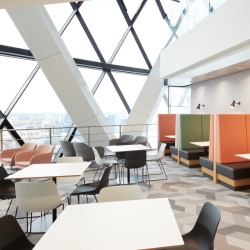 Insurers RFIB have transformed their workplace strategy to embrace both traditional and new ways of working at ’s the firm’s new global headquarters at 30 St Mary Axe in London. Located on the twelfth floor of this landmark building, the new offices feature panoramic views and generous natural light. Offering an enhanced user and visitor experience, they are bright, open, flexible and high quality. (more…)
Insurers RFIB have transformed their workplace strategy to embrace both traditional and new ways of working at ’s the firm’s new global headquarters at 30 St Mary Axe in London. Located on the twelfth floor of this landmark building, the new offices feature panoramic views and generous natural light. Offering an enhanced user and visitor experience, they are bright, open, flexible and high quality. (more…)






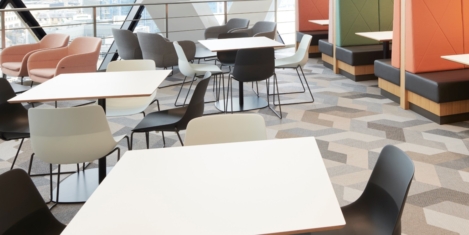
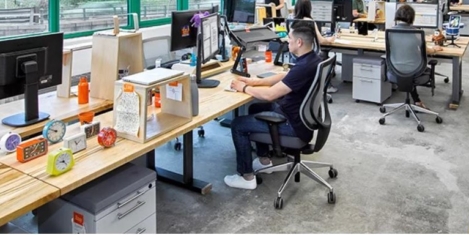
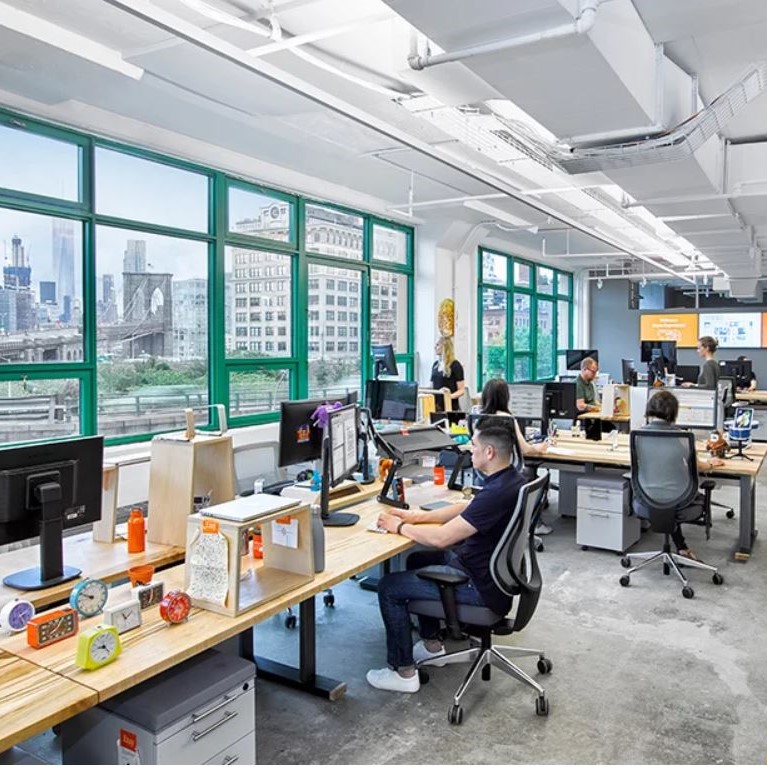


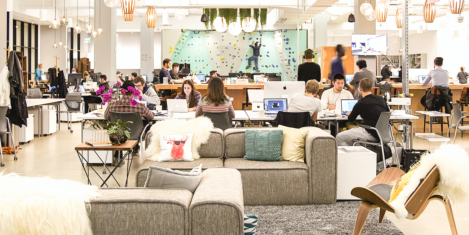
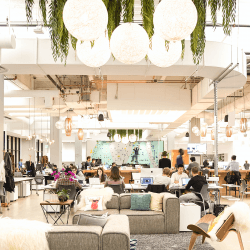 Over recent years, we have witnessed significant changes when it comes to the workplace. Women are continuing to push through the glass ceiling, offices are starting to look more likes homes and businesses are opting for a more flexible and sociable working environment. This rise in coworking and other forms of flexible office space is just one of the latest trends to emerge from the corporate world, and according to a report by office brokers
Over recent years, we have witnessed significant changes when it comes to the workplace. Women are continuing to push through the glass ceiling, offices are starting to look more likes homes and businesses are opting for a more flexible and sociable working environment. This rise in coworking and other forms of flexible office space is just one of the latest trends to emerge from the corporate world, and according to a report by office brokers 

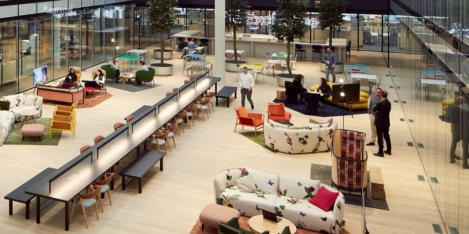
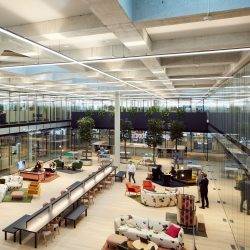
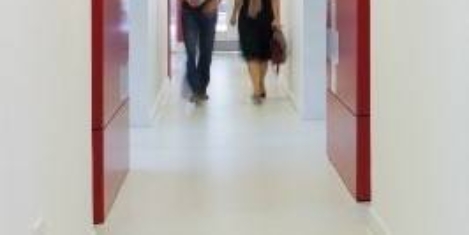



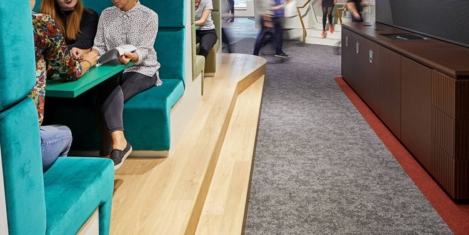
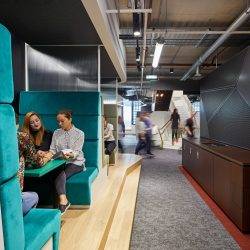


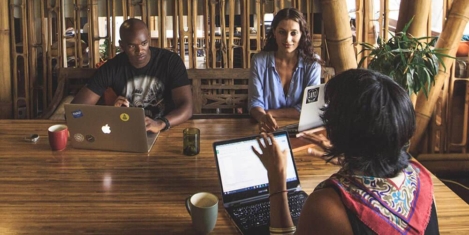
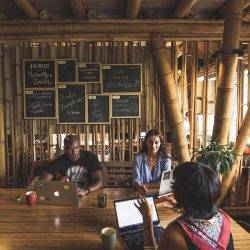









June 19, 2019
Coworking is now the key driver of change in property market
by Daniel Wright • Comment, Property, Workplace design